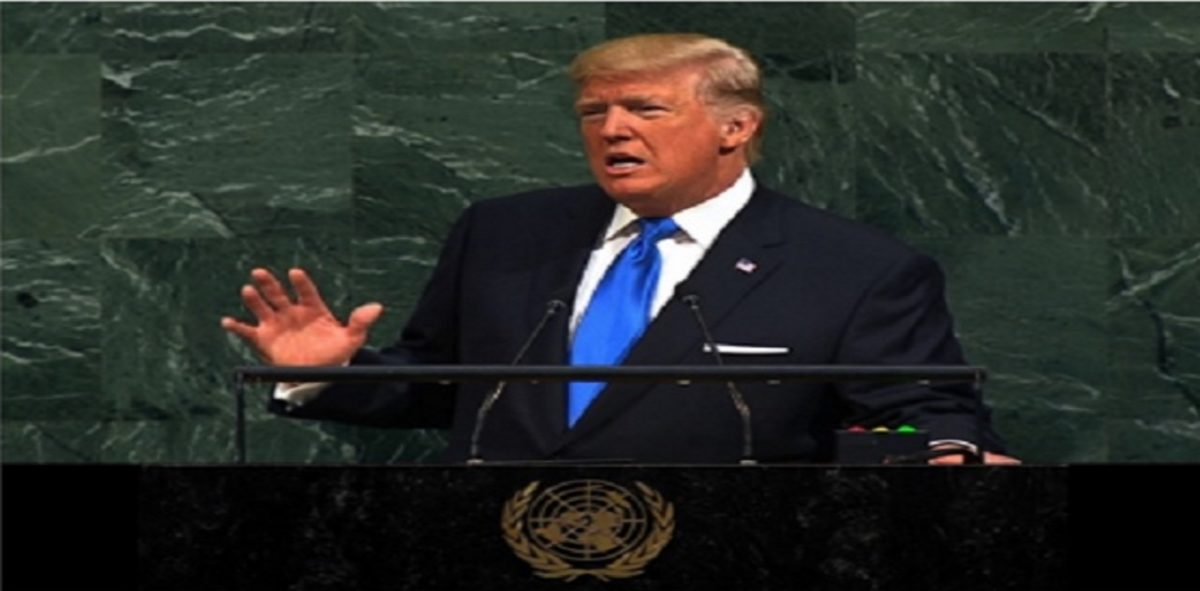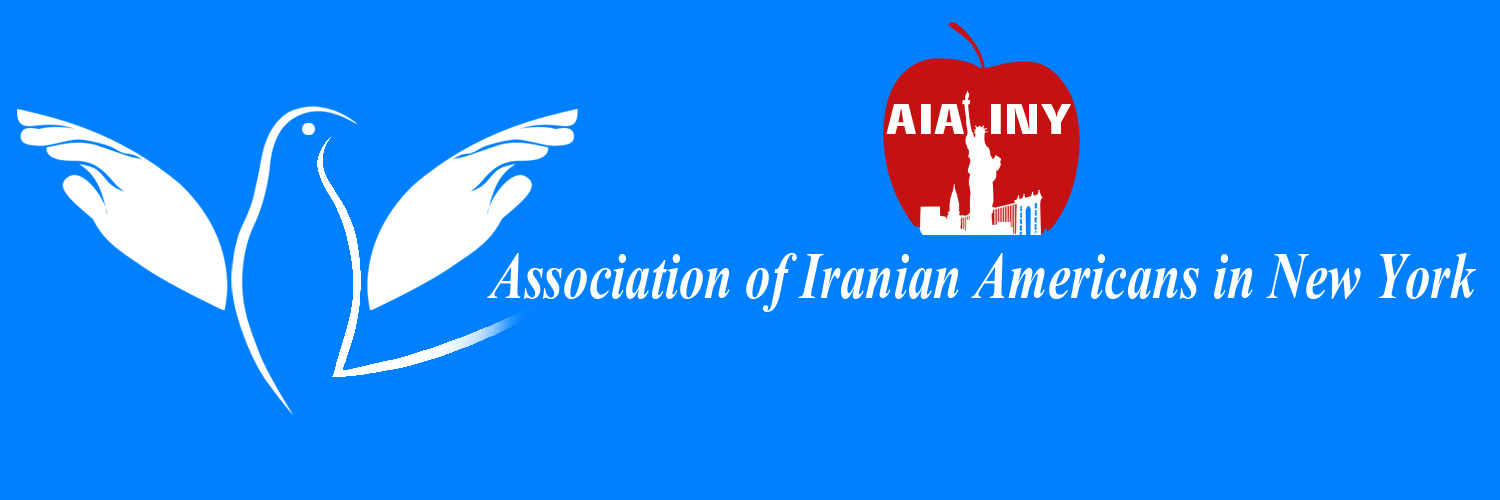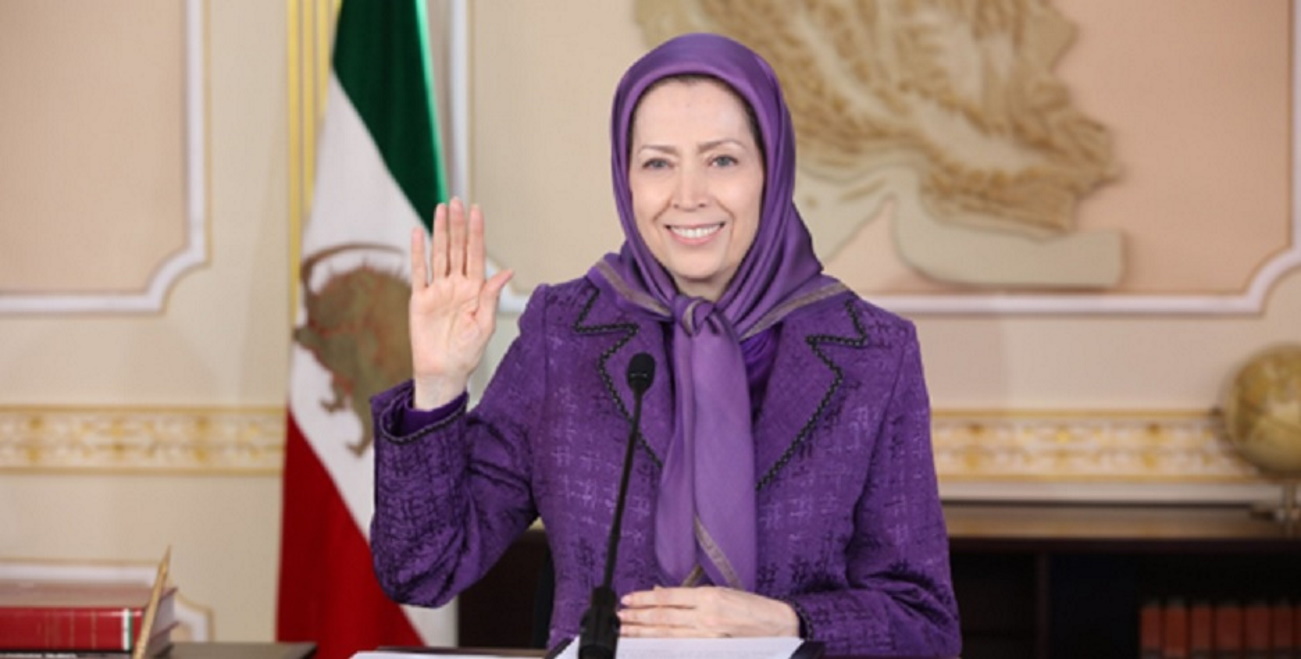
ARAB NEWS | Dr. Majid Rafizadeh | September 16, 2018
This Islamic Republic of Iran is mired in crises, few of which stem from US President Donald Trump’s withdrawal from the 2015 nuclear deal and the subsequent renewed economic sanctions. Those actions only serve to help the US, and hopefully the international community as a whole, in putting pressure on Iran’s clerical regime at a time when it is most vulnerable and least likely to conceal the misdeeds that make such pressure necessary.
Iran’s national currency, the Rial, plumbed new depths this month, trading at more than 150,000 to the US dollar. The new figures provoked further economic protests in various Iranian cities, in what has become the status quo in recent months. The Iranian people view the economic catastrophe as part of the broader failings of the Iranian government, and many of the protests have accordingly taken on an unequivocal message of opposition to the regime in its entirety.
Activists have chanted “death to the dictator” and “death to Rouhani,” in reference to the country’s supreme leader and its president. Others have doubled down on the condemnation of both political factions of the clerical regime, while also rejecting the regime’s attempts to dismiss the unrest as the product of some foreign conspiracy. “The enemy is here,” protesters declared, according to independent Iranian news outlets and witnesses on social media. “They are lying when they say it is America.”
But the Iranian people are not simply declining to blame the West for their problems. The Mujahedin-e Khalq (MEK), a major driver of the protest movement, insists that the Iranian people are in fact calling out to the US and Europe to stand with them as they take hold of the solutions to their problems.
We can do this by focusing international attention on the human rights abuses with which the Iranian regime responds to any and all popular threats to its hold on power. We can also weaken the regime’s repressive infrastructure by building a broader consensus for economic sanctions and diplomatic isolation that will ultimately force the mullahs to respond to the crises they are presently trying to suppress.
A combination of internal and external pressure could finally bring the Iranian regime to heel, thereby ushering in both democracy at home and security abroad.
Dr. Majid Rafizadeh
The worsening economic and social conditions, along with the popular response to them, amplify the inherent potential of assertive Western policies.
Clearly, the Trump administration’s decision to convene the UN Security Council to discuss Iran-related issues on Sept. 26 comes at an auspicious time, providing an opportunity to condemn the latest arrests and human rights violations involving peaceful protesters, and to underscore the ineffectiveness of those measures. The 2018 Iran Uprising Summit planned in advance of that meeting will echo this message.
In August alone, Iranian authorities arrested approximately 1,000 protesters. In January, in the midst of the nationwide uprising, arrests exceeded 8,000. Arrest in the Islamic Republic usually involves long periods of isolation, followed by torture, as security forces clamor for false confessions to support political charges.
Recent examples are numerous and come as no surprise to Western observers, after several American and European nationals were caught up in the regime’s efforts to suppress all manner of perceived threats to its hard-line Islamist identity.
Visitors to the Islamic Republic are not the only Westerners at risk from the regime’s desperate bid to resolve its domestic crises through violence. The acknowledged role of the MEK in the uprising has prompted Tehran to target the popular democratic resistance group outside of Iran. Fortunately, all serious attacks have been thwarted so far, but had they managed to slip past European security services, terrible damage was plotted in March against the MEK community in Albania. On June 30, targets included hundreds of American and European dignitaries attending an international rally outside Paris organized by adherents of the National Council of Resistance of Iran (NCRI) and its president-elect, Maryam Rajavi.
The unraveling of the latter attack led to the arrest of Assadollah Assadi, a high-level diplomat at the Iranian embassy in Vienna, who masterminded the plot hatched at the highest levels in Tehran. His arrest exposed a terrorist operative hidden at the heart of Europe, and that Tehran’s anxiety at the domestic unrest and the MEK’s advances outweighs all other considerations, including relations with the EU.
A continuation of rights abuses in Iran means a perpetuation of terror threats abroad, while preventing Tehran from further abuses in one of these areas will ultimately make the regime’s entire project of self-preservation unsustainable.
The recent terror attempts should make it apparent to both sides of the Atlantic that Western interests and the Iranian people’s interests are one and the same. A combination of internal and external pressure could finally bring that regime to heel, thereby ushering in both democracy in Iran and security abroad. This is a message that should be emphasized at the Security Council this month.
- Dr. Majid Rafizadeh is a Harvard-educated Iranian-American political scientist. He is a leading expert on Iran and US foreign policy, a businessman and president of the International American Council. Twitter: @Dr_Rafizadeh



